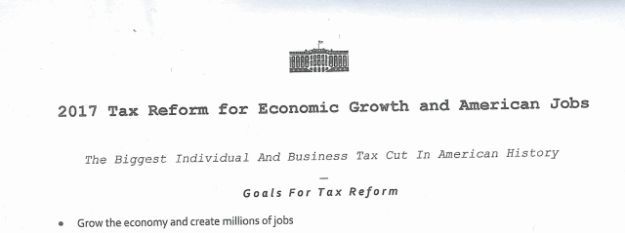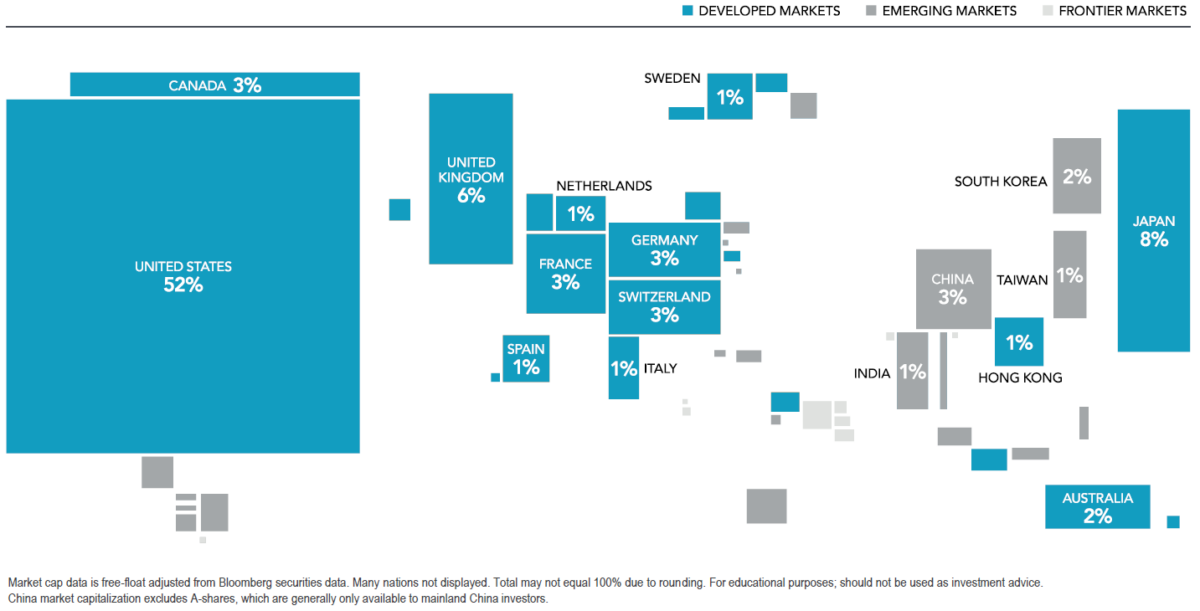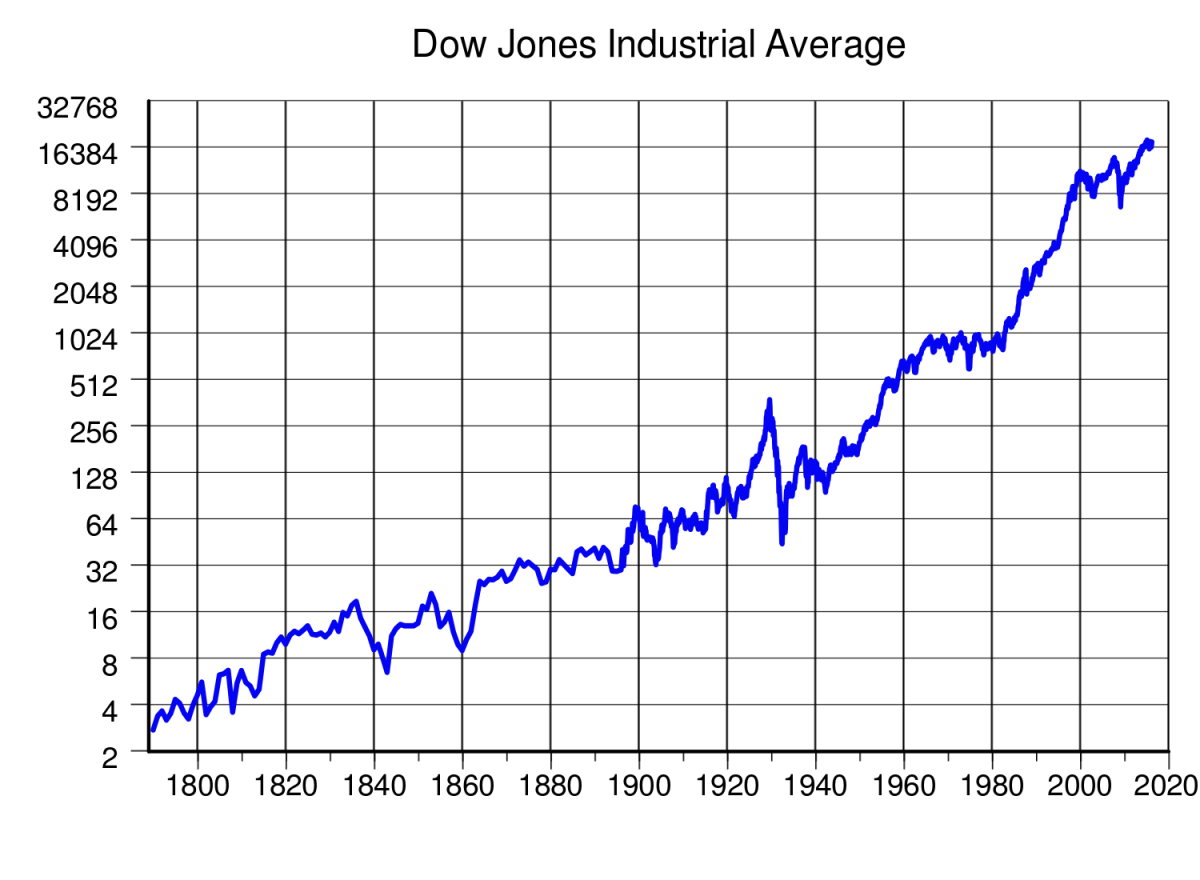Bitcoin is has been in the news a lot recently. As of August 24th, the price of ‘physical’ Bitcoin had increased by 336%, year-to-date. Of course, as anyone who has looked into purchasing direct Bitcoin already knows, the process of “investing” in Bitcoin is rather complicated and poses a litany of unique risks.










